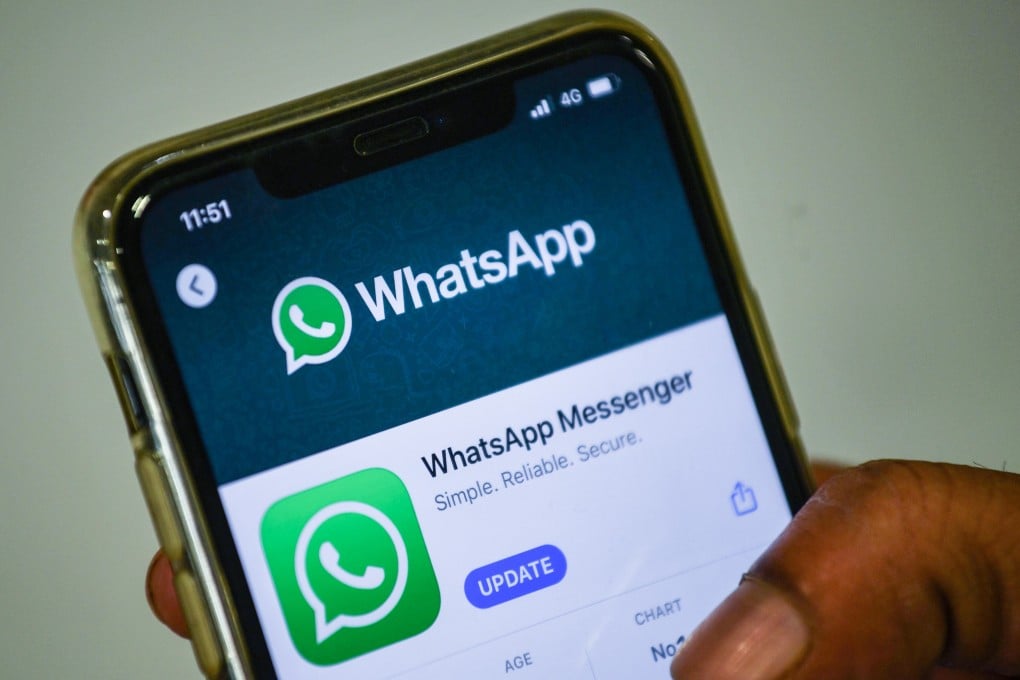Advertisement
Hong Kong privacy watchdog renews calls for Facebook to disclose new data-sharing arrangement with WhatsApp
- Hong Kong’s privacy commissioner for personal data says she wrote to Facebook with a series of questions and concerns over the new terms
- Fears over the changes to the way WhatsApp data is shared with Facebook have prompted many users to flock to other encrypted messaging apps
Reading Time:4 minutes
Why you can trust SCMP
3

Hong Kong’s privacy watchdog on Wednesday renewed its push to pressure the parent company of the messaging platform WhatsApp to postpone controversial changes to the way it shares users’ personal data, and demanded answers as to what sort of information would be involved.
Escalating her previous call on Monday to delay the deadline for implementing the change, Hong Kong’s privacy commissioner for personal data, Ada Chung Lai-ling, said on Wednesday that she had written to the United States headquarters of WhatsApp parent company Facebook with a series of recommendations and questions.
“We are concerned that the data to be shared includes a substantial amount of personal data,” she said. “And we have heard some explanations from the headquarters in the past two days, but there are still a number of areas that remain unanswered.”
Advertisement

More than 2 billion WhatsApp users began receiving pop-up messages last week telling them they would need to agree by February 8 to allow their personal data to be shared with Facebook and its subsidiaries, while business users would need to allow Facebook services to store their WhatsApp data.
Advertisement
Those who do not agree to the new arrangements will be blocked from using basic features, effectively barring them from the app.
Advertisement
Select Voice
Choose your listening speed
Get through articles 2x faster
1.25x
250 WPM
Slow
Average
Fast
1.25x